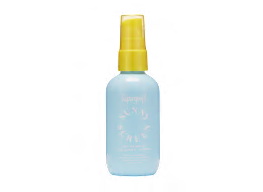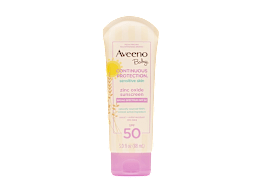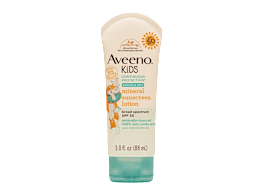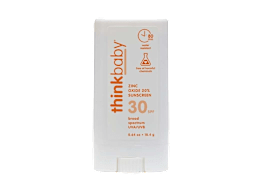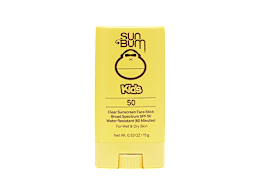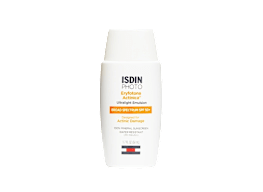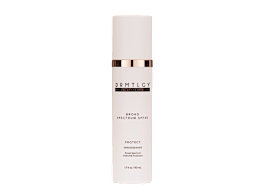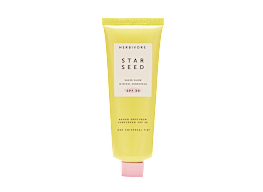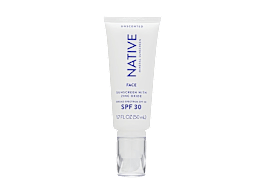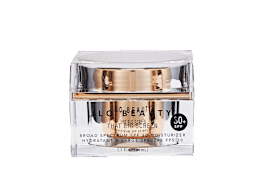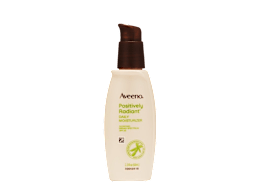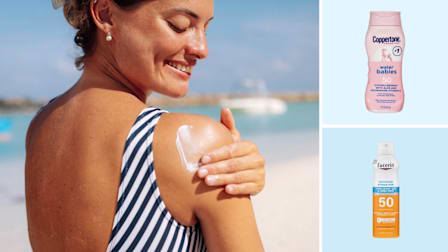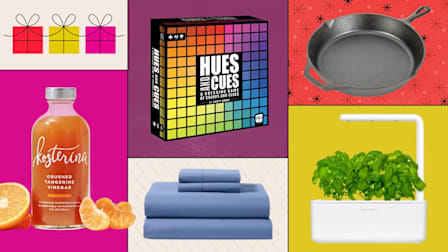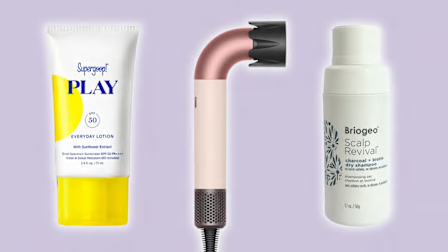Smarter: You Asked Us Sunscreen Questions. Here Are Our Answers.

This week I’m tackling your sunscreen questions, including “Does sunscreen minimize tanning?” and “Is it true that American sunscreens aren’t as effective as European sunscreens?” Also in this issue: How to lower your internet and cable bills, and five things our food safety expert would never ever do.
THE BIG STORY:
‘We All Scream for Sunscreen’Reader, it’s day 63 of the summer season, and I’ve more or less gotten the hang of this. I’ve survived the mosquitoes. I’ve made the most out of my window fan. When it comes to sunscreen, though, I apply it regularly, but like some of you, I’m still fuzzy on a few sunscreen basics and have questions regarding the best practices for using it.
A lot of you have written in or posted on social media your questions about sunscreens. Here’s what a CR health editor and dermatologists have to say.
WHICH DO YOU PREFER?
Are you a sunscreen lotion person or are you spray-only? Click below to vote in our poll.
As for which is better, here’s what we think.
QUIZ
Yes or no: You can use the same reading glasses for reading a book and working on your computer.
(The answer is at the end.)
A PENNY FOR YOUR THOUGHTS
This week in money hacks, here are a few things you can try if you want to lower your cable and internet bills, according to a negotiation expert.
🗣️ Avoid online chat tools. Live chat reps are lower on the ladder in companies and can’t provide you with the best discounts like telephone reps can.
☎️ Call during weekdays. There will be less hold time because many other customers will be busy at work.
✂️ Threaten to cut service. And if you have other providers in the area you live in, use their plans as leverage to negotiate for a discount.
You can check out the full list of expert tips here.
THE GOOD STUFF
Watching a mandoline at work is super duper satisfying.
MUST-READS OF THE WEEK
❌ 5 Things Our Food Safety Expert Would Never Do
“I’d never eat raw sprouts.”
To cut down on grocery costs, shop on a Wednesday—when the shelves are less depleted.
🦷 Read This Before Your Next Trip to the Dentist
If your dentist is suggesting that you replace your fillings just because they’re old, you might want to push back on that.
💵 Best Labor Day Mattress Sales You Can Already Get
Here are the best offers on mattresses from top brands.
OOPS, THEY DID IT AGAIN
Typos happen, and there’s no shame when they do. In fact, they’re a boon to humanity, because you can’t help but snicker when you see a particularly good one. Case in point here:

Photo: Rick Magnani Photo: Rick Magnani
And for more beautiful gems like this, check out other mistakes and weird signs readers have spotted this month, including a business with a questionable open time and a restaurant that has a strong stance against gluttons.
THE SHORT ANSWER
What’s the best time to take your blood pressure? In the morning, but taking it at the same time every day is just as important.
QUIZ ANSWER
The answer is no. Working on a computer usually takes place at a longer distance than reading a book, so your computer glasses should be separate from your reading glasses and have a lower strength.
And if you’re nearing the age of 40 and wondering whether you need reading glasses, here’s a tip: If you have trouble focusing on things nearby lately, it’s time to get a checkup with your eye doctor.

"You win sun, you lose sun."

